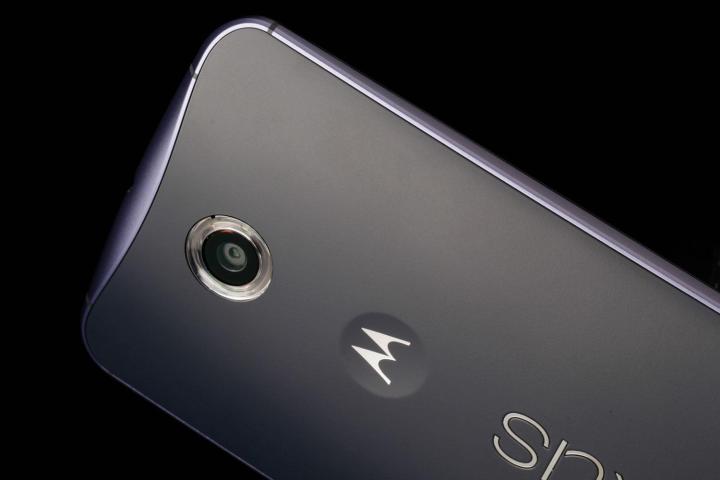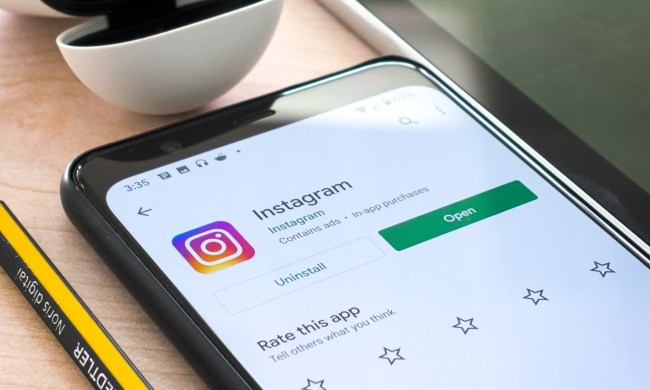
In order to nab the credit, you’ll need to purchase a Nexus 6, Nexus 9, or Android Wear device by March 31. Once your new device ships, you’ll receive an email with the promo code for $50 in Google Play credit. You can use the credit to purchase movies, music, games, and apps, but keep in mind it won’t work with anything in the new Google Store for devices.
The credit does have an expiration date, however, as you’ll need to add it to your Google Wallet account by April 20, and use the credit by September 1.
In addition, Google slashed the price of the Sony SmartWatch 3 by $50, bringing it down to $200. Even with the discount, it’s eligible for the $50 Google Play credit promotion. El Goog also offers the Asus ZenWatch, Motorola Moto 360, LG G Watch R, LG G Watch, and the Samsung Gear Live in its new store, but none of them have gotten price cuts.


